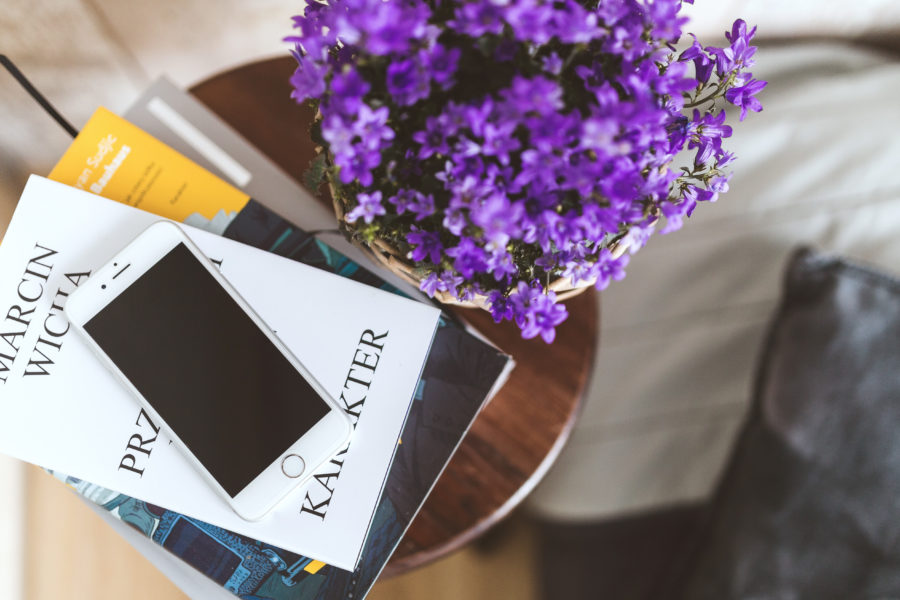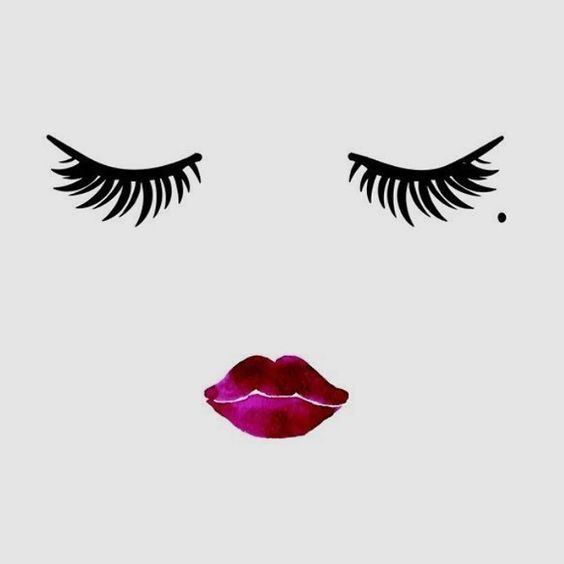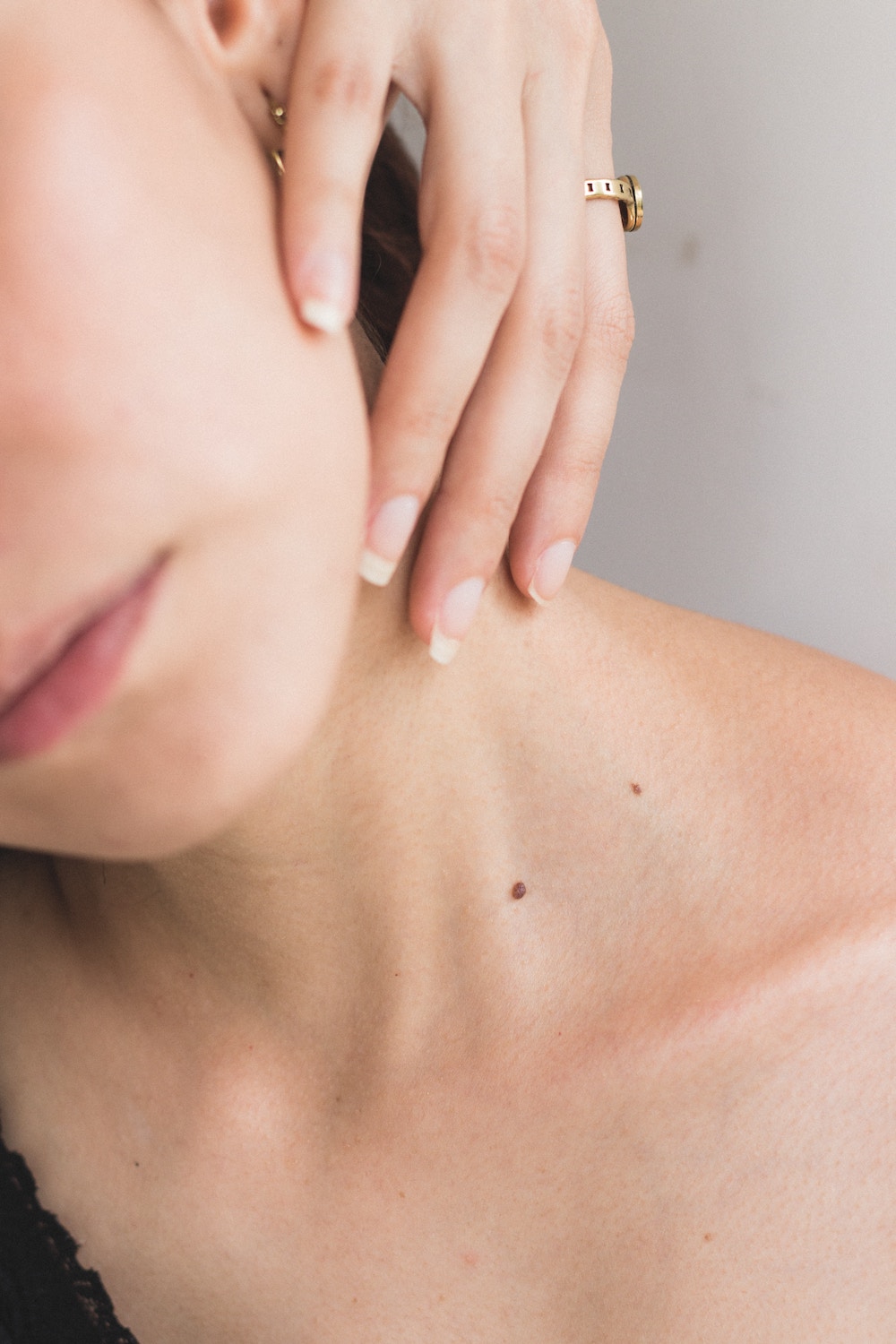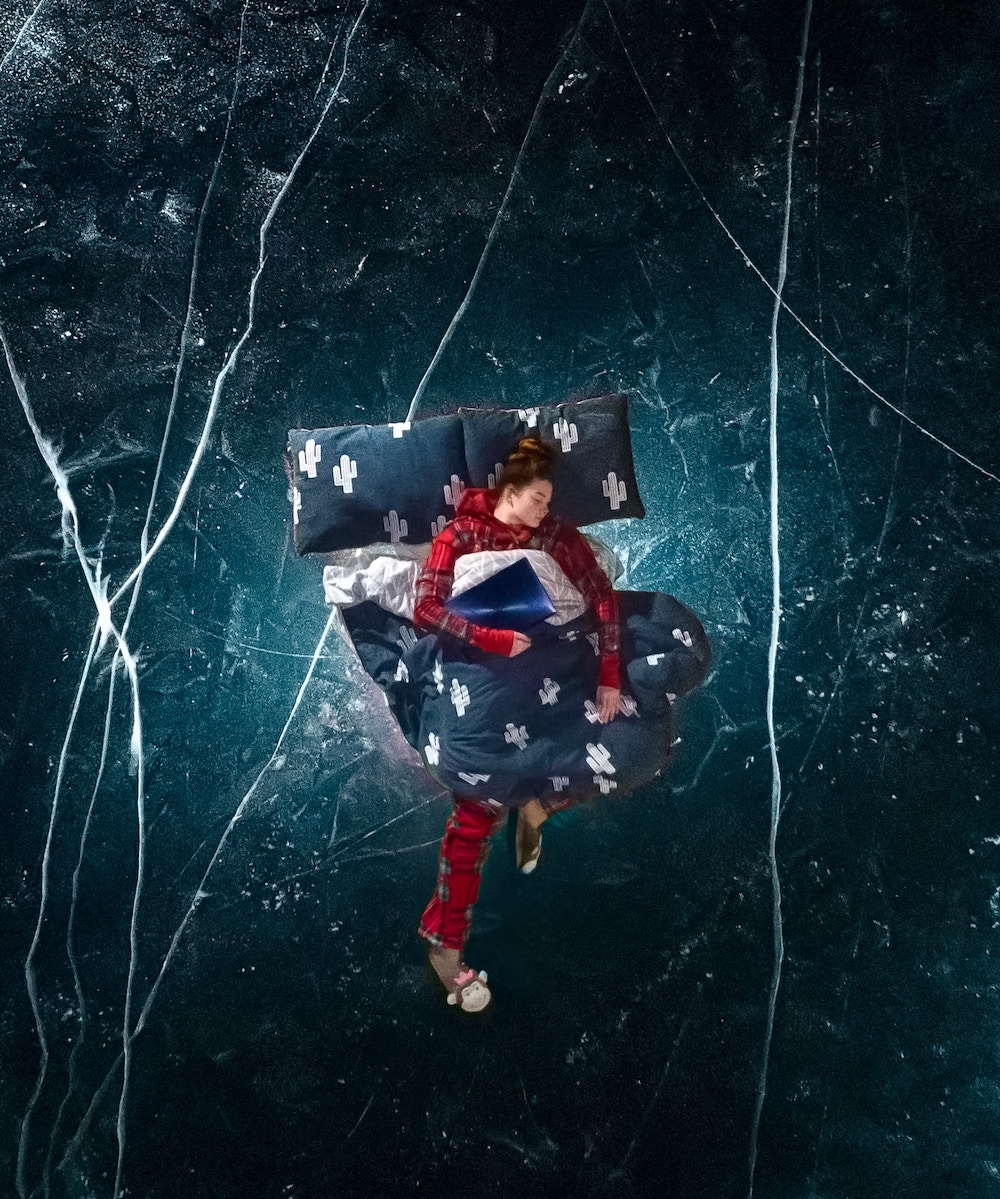
As if all of the grating election coverage on your news feed weren’t stressful enough, I have some bad news about your smart phone’s detrimental health effects. It turns out that even the most zen of smartphone activities (including looking at cats on Instagram) can have negative effects on the health of our skin—particularly if we’re doing those activities after the sun goes down.
We’ve all heard that it’s smart to “unplug” from our electronics before hitting the hay, but this advice isn’t always the easiest to heed. I, for one, have such an easy time falling asleep that for a long time, I didn’t think it mattered whether or not I read on my phone before going to bed—so long as what I was reading wasn’t too anxiety-inducing.
Unfortunately, it’s more complicated than that. Light exposure, specifically the blue light emitted from our smart devices, is interfering with the body’s natural sleep rhythm and the efficiency with which our skin repairs itself at night. (Blue light interferes with melatonin—a.k.a. the sleep hormone—more than any other light wavelength.) Healthy sleep is about more than getting in a good 7 to 8 hours of slumber; skin’s repair functions are influenced by light and darkness (not just whether or not you’re asleep).
Dr. Nadine Pernodet explains that skin transitions to reparative mode around dusk. (Just another reason to take your makeup off after you get home from work.) Once skin is properly cleansed, skin is ready to be repaired and renewed through a series of steps:
Around midnight, collagen production peaks, thanks to the efforts of fibroblasts and growth hormones. Blood flow to the skin increases, meaning more nutrients reach the cells. Meanwhile, cortisol is at a minimum, giving skin a nice break from its skin-thinning effects. This process of repair and renewal peaks around 2AM—at which point cell renewal is working about 30 percent faster than it does during the day. After this peak in the process, skin transitions to protection mode, building up its defensive barrier to keep skin safe from environmental aggressors during the day.
When we’re continually bombarded with light from our devices—or we routinely lack adequate sleep/rest time—the effectiveness of this process can be reduced, however, and our skin pays the price. Poor sleep and hampered renewal system set skin up for inflammation, weakened skin barrier, puffiness, and premature aging.
While it would be crazy to expect yourself to have a perfect night every night, it’s worth taking advantage of those times when you can set down your phone after dark. Addressing chronic sleep issues is a must, however—and not just for your skin. Continuous poor sleep or recurrent sleep loss has been linked to increased risk of disease, depression, and even poor judgment.
Beauty Sleep Is Possible
Take your makeup off before sunset. Cleansed skin allows for more efficient cell renewal and repair, a process that picks up speed around dusk.
Adjust the light settings on your phone. Once it’s dark, set your phone to a warmer light, so if you do have to look at it, the light won’t be as jarring to your system (this isn’t a perfect fix, though). Of course, if you can avoid your devices entirely, go for it!
Make the most of your beauty sleep by applying the right nighttime products. When we sleep, the skin’s barrier thins, making skin more vulnerable to moisture loss. Before going to bed, apply a rich lotion, cream, or face oil to keep your skin moisturized while you sleep. A good moisturizer can also help “lock in” any beneficial anti-aging ingredients you apply after cleansing.
Unwind with light exercise. Slow, restorative yoga and stretching can help prepare the body and mind for slumber. In addition to boosting blood circulation, stretching before bed helps relax the muscles and soothe the areas where we commonly hold tension (neck, shoulders, hips).
Establish a bedtime routine. When it’s possible, go to bed around the same time every night, preferably at a time that will allow you to get in 7 to 8 of sleep hours before you must get up.
If you have trouble falling asleep, don’t stress. If you occasionally experience insomnia, not all is lost. Simply resting in the quiet dark can be restorative and even boost memory and cognitive function.
What are your tips for getting A+ beauty sleep?
Related: How Actually Sleeping 8 Hours a Day Changed My Life
7 Tips for Your Best Ever Sleep + P.M. Yoga Routine
Bedtime Ritual for Beauty Sleep
Get more like this–sign up for our newsletter for exclusive inspirational content!
__
Photo: Kaboompics




